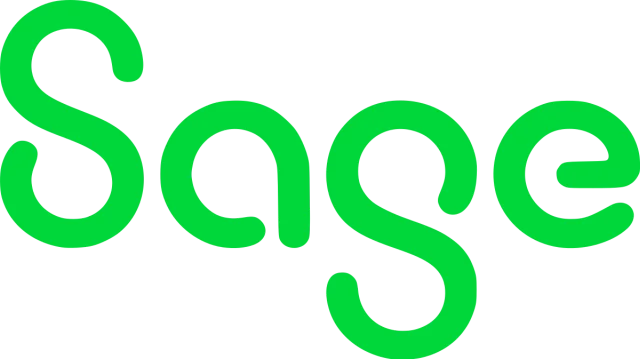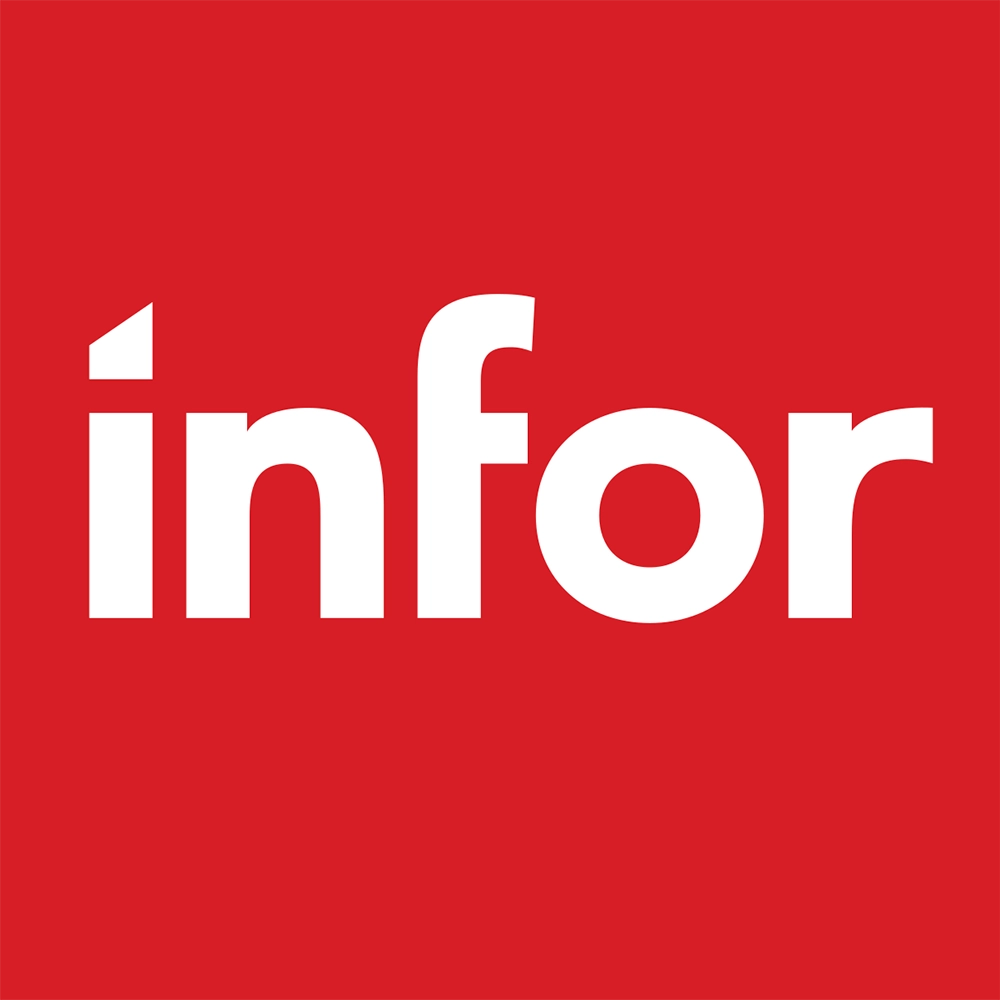The Total Guide to Sage 100 ERP
In this guide, we’ll cover everything you need to know about Sage 100 ERP integration including market-fit, pricing, features, and comparisons.
We’ve also paired this article with a free e-book to help companies handle accounts payable and global mass payments when using Sage. Get your free copy of “The Last Mile of Sage ERPs: Payables Transformation Strategies!”

What is Sage 100 ERP?
Sage 100 ERP includes Sage 100cloud, which is ERP software used to manage accounting and business processes throughout the company. Sage 100 was originally MAS 90, which launched in 1985. Sage acquired MAS 90 from State of the Art in 1998. Sage 100cloud addresses the business needs of small businesses and mid-sized companies.
In 2016, Sage made the user interface of Sage 100 more modern and added a dashboard, calling the product Sage 100c before renaming it Sage 100cloud.

In the Sage 100 product line, besides Sage 100cloud, Sage currently supports Sage 100 and Sage 100 Contractor. Sage 100 Contractor includes project management software.
Sage Business Cloud Accounting software includes bookkeeping, invoicing, e-billing to accept customer payments online, accounts receivable, accounts payable, general ledger, bank transaction feeds, bank reconciliation, and financial reports. Users can customize reports with Crystal Reports.
Like QuickBooks, Sage 100 ERP cloud offers customer credit card processing to sellers using its ERP solution.
Sage software add-on enhancements beyond ERP include:
• Sage 100cloud Payroll
• Sage CRM for customer relationship management
• Sage Inventory Advisor
• Sage Intelligence (for business intelligence)
• Sage Operations Management
• Sage Alerts and Workflow
Sage Fixed Assets software (with four modules) is deployed either on the cloud or on-premises. Barcode scanners work with Sage Fixed Assets to automate tracking.
Sage also has human resources software, Sage HRMS, an on-premises software solution that’s not cloud-based.
Which Types of Businesses Use Sage 100?
Small and medium-sized businesses (SMBs) use Sage 100cloud as their ERP(enterprise resource planning) system. Businesses as small as startups can use Sage 100.
Industries using Sage 100cloud ERP are:
• Manufacturing
• Wholesale distribution
• Professional services
• Construction
• Chemicals
• Food & beverage
• Non-profits
Sage 100 ERP cloud works for manufacturers using discrete, repetitive manufacturing, assembly, or customized fabrication as their manufacturing process.
To handle eCommerce, you need third-party software integration with Sage 100 using eBusiness Web Services, creating a Sage 100 API or flat-file connection.

How Much Does Sage 100 Cost?
Sage 100 cost depends on the pricing plan, upgrades, and enhancements selected, including third-party add-on software. Sage 100cloud pricing uses a range in the number of users for the Sage 100 software. Add consulting, customization, upgraded support, and training costs to compute Sage 100 ERP cloud software’s full cost. Request a quote.
Sage 100cloud Essentials is the most affordable pricing plan, followed by Sage 100cloud Advanced.
Sage 100cloud manufacturing is either a lighter pricing plan called Sage 100cloud Complete or a full-featured plan called Sage 100cloud for manufacturing. Complete includes Sage 100cloud Advanced plan features plus return merchandise authorization (RMA), bill of materials (BoM), and Mobility for Barcode. The Sage 100cloud for manufacturing plan adds alerts from Sage Alerts & Workflow, Sage Inventory Advisor, Sage Production Management, Shop Floor for Sage Production Management, and one year of Sage Support PLUS.
For Sage 100cloud distribution software, distributors can either choose Sage 100cloud Advanced or Sage 100cloud for distribution. Advanced includes Essentials plus Purchase Order and Sales Order, Inventory Management, and DSD/ScanForce Multi-Bin Basic. Sage 100cloud for distribution adds these features to the Advanced plan: return merchandise authorization, bill of materials, multi-bin, Sage Inventory Advisor, and one year of Sage Support PLUS.
How Does AP Automation Software Integration Work With Sage 100?
Third-party AP automation software streamlines workflow. It integrates through the Sage 100 login, using either a flat-file or API connection. The best accounts payable and global mass payments automation software is an end-to-end solution, beginning with self-service supplier onboarding. Tipalti has this functionality, reduces fraud risk, and speeds processing time by up to 80%.

What Are The Primary Features and Advantages of Sage 100?
• Robust inventory management (in Sage 100 Advanced and higher pricing plans)
• Industry-specific plan features for distribution and manufacturing companies
• Developer customization for Sage 100cloud with available source code
• Available integration with Microsoft Office 365 software
The Sage 100 ERP cloud provides inventory management features for inventory tracking that fits distributors and manufacturing companies with complex operations.
Industry-specific distribution company functionality includes warehouse management, item pricing, real-time stock status, backorders, reorder points, sales history, turnover, and valuation, and status alerts.
Industry-specific Sage 100cloud manufacturing features include inventory requirements planning, capacity planning, scheduling, real-time inventory item status, advanced job costs, and adjustments to inventory, materials, production processes in real-time, and alerts.

How to Implement & Use Sage 100?
Implement Sage 100cloud using an authorized Sage reseller, also offering consulting and customization services. Sage 100 ERP support provides online resources, including those located at Sage Support Central, for a searchable Knowledgebase, Ask Community, and Sage 100 training courses. YouTube videos are used as a Sage 100 tutorial. Sage customer support includes chat and phone support.
Which ERP Systems are Comparable to Sage 100?

Sage Intacct
Sage Intacct is modern ERP software developed for the cloud. Sage Intacct handles revenue recognition and GAAP accounting standards well. The AICPA, a professional organization for CPAs, endorses Sage Intacct. Intacct offers scalability for growing businesses.

SyteLine (Infor)
Microsoft Dynamics 365 ERP and CRM is the latest product in the Microsoft Dynamics product line. Microsoft Dynamics 365 is cloud-based and integrates with many Microsoft software apps and tools, including Microsoft Teams for collaboration.

Microsoft Dynamics 365
Acquired SyteLine is ERP manufacturing software now called Infor CloudSuite Industrial for manufacturing companies.

QuickBooks Online
Sage 100 vs QuickBooks is a comparison that applies to the lower size range of the Sage 100 customer base, including startups. Both Sage 100cloud and QuickBooks Online are cloud-based software products. QuickBooks is accounting software. (QuickBooks Desktop is the on-premises version of QuickBooks.)
Oracle NetSuite
Oracle NetSuite is ERP software that excels for middle-market companies. NetSuite is also used by small venture capital-funded businesses expecting rapid growth and some Fortune 100 companies.
